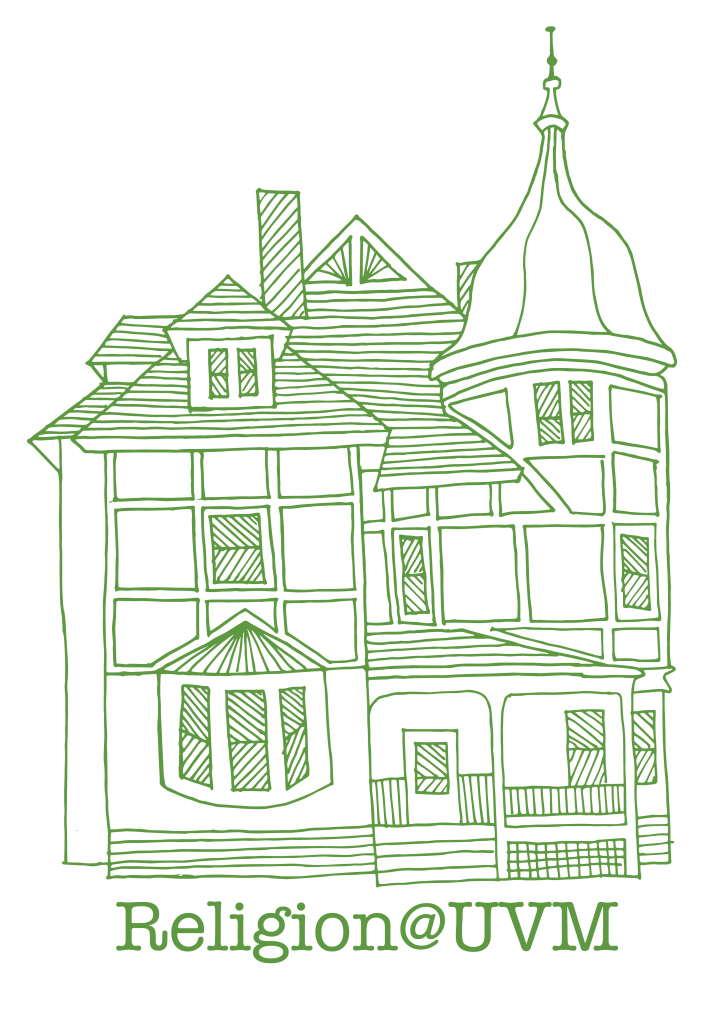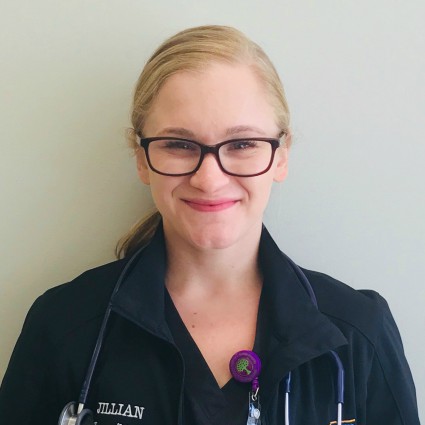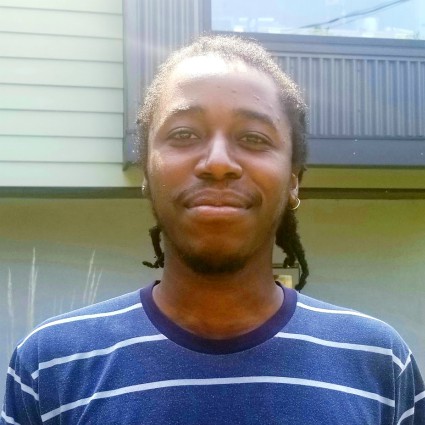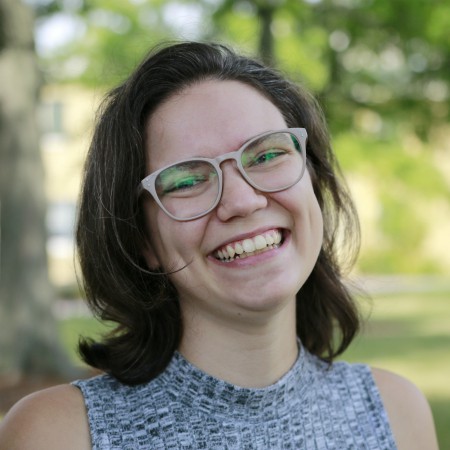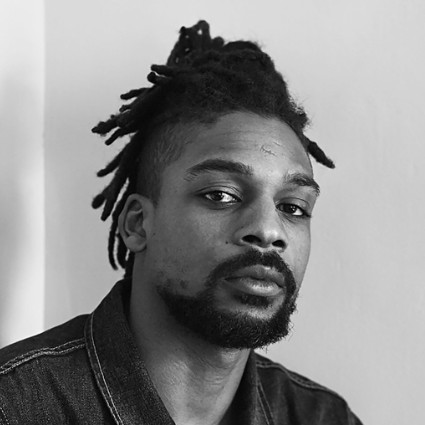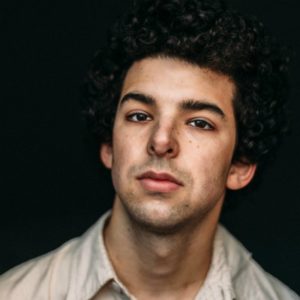Taking classes during this pandemic and comparing my experience to those of my friends has reminded me how grateful I am for this major and my professors. Being in small classes with professors who know me and care so much about their students has made all the difference. It’s still hard learning online and having the energy to focus on school with everything else going on, but this department has made it much easier.
– LAURA BISBEE-SLADE
Why did you major in Religion?
Religion was a large part of my high school experience, so entering college it seemed like a natural topic for me to study. Looking back, I don’t think I really understood what it meant to study religion, but the more I understood how religion functions in people’s lives, often in ways we don’t initially realize, and how it intersects with so many other areas of society, the more I knew I made the right choice.
Where do you imagine yourself in 10 years?
Hopefully putting a law degree to good use, but we’ll see in 10 years!
Imagine a first-year student has asked your advice about REL courses. What’s the one she shouldn’t dream about missing? Why?
There are a lot of courses that I think are absolutely essential, but I’m going to say Islam and Race with Prof. Morgenstein Fuerst because it is relevant to so many other facets of life and addresses topics which are often mishandled or avoided entirely.
If you could write any book, what would it be?
I’ve always loved creative storytelling and working with kids, so I think I would probably want to write (and illustrate!) a children’s book. Maybe a religious literacy for kids book!
Any fond memories of 481 Main Street you want to share?
Snack days in Religion, Nation, and State with Prof. Borchert!
You’re finishing up in the midst of the COVID-19 pandemic. Tell us something about that experience—bonus points for including religion or the Religion Department as a way to think about it!
Taking classes during this pandemic and comparing my experience to those of my friends has reminded me how grateful I am for this major and my professors. Being in small classes with professors who know me and care so much about their students has made all the difference. It’s still hard learning online and having the energy to focus on school with everything else going on, but this department has made it much easier.
